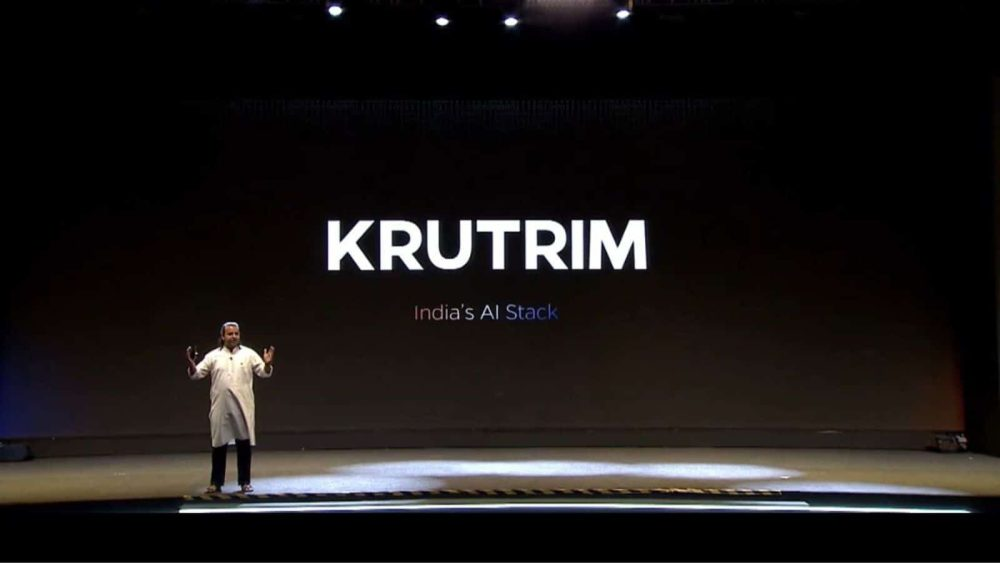In an unexpected yet ambitious move, Ola Electric, best known for its electric scooters and ride-hailing services, has announced its foray into the artificial intelligence (AI) hardware market. This development has generated significant interest within the tech industry and aligns with India’s growing aspirations in the field of AI. The announcement marks a bold step for Ola Electric as it aims to diversify its portfolio and establish itself as a key player in the AI hardware landscape.
Ola Electric’s entry into the AI hardware space is anchored by the introduction of a family of AI chips, slated for launch in 2026. This inaugural lineup features three distinct models: Bodhi 1, Ojas, and Sarv 1. Among these, Bodhi 1 stands out as the first AI chip to be designed and manufactured in India, a milestone that could position the country as a notable player in the global AI hardware market.
The Bodhi 1: A Milestone for India’s Tech Industry
Bodhi 1 is particularly significant as it represents India’s first domestically developed AI chip. Specifically engineered for AI inferencing, Bodhi 1 is designed to excel in processing large language models (LLMs) and high-performance vision applications. Ola Electric has emphasized that Bodhi 1 is optimized for power efficiency, a critical consideration given the rapidly increasing energy demands associated with AI systems. This focus on efficiency could make Bodhi 1 a competitive option in markets where energy consumption is a primary concern.
Ojas and Sarv 1: Expanding the AI Horizon
In addition to Bodhi 1, Ola Electric has introduced Ojas, a chip tailored for edge AI solutions. The Ojas chip is versatile, catering to a broad spectrum of applications across the automotive, mobile, and Internet of Things (IoT) sectors. Notably, Ola plans to integrate Ojas into its future electric vehicles, where it could manage key features such as charging optimization and advanced driver assistance systems (ADAS). This integration highlights Ola’s strategy of leveraging its AI capabilities to enhance its existing product offerings, particularly in the rapidly evolving electric vehicle market.
The third chip, Sarv 1, is a general-purpose server CPU based on the Arm instruction set. Sarv 1 is designed to meet the growing AI computing demands within the data center industry. With data centers becoming increasingly critical for AI development and deployment, Sarv 1 positions Ola Electric to address these needs, potentially offering an Indian alternative in a market currently dominated by global players.
Industry Response and Skepticism
Ola Electric’s announcement included impressive claims regarding the performance and power efficiency of its chips. In a bold move, the company directly compared its chips to Nvidia GPUs, the current industry leader in AI hardware. While the comparisons were eye-catching, industry analysts have pointed out some key omissions that have led to skepticism. Notably, Ola did not specify which Nvidia GPU model was used as the benchmark in its comparisons, leaving questions about the validity of the performance claims.
Moreover, Ola Electric has yet to disclose details about the semiconductor fabrication process for its chips. The choice of fabrication facility is a critical factor in chip production, influencing both performance and cost. The lack of information on this front has led to concerns about the feasibility and scalability of Ola’s AI chips, especially given the competitive and resource-intensive nature of semiconductor manufacturing.
The Road Ahead for Ola Electric
As Ola Electric ventures into the AI hardware market, it faces both opportunities and challenges. The company’s ability to deliver on its ambitious plans will depend on several factors, including the successful fabrication of its chips, securing market adoption, and effectively competing against established players like Nvidia. If successful, Ola Electric’s entry into AI hardware could not only diversify its business but also position India as a key player in the global AI landscape.
The coming years will be crucial as Ola Electric works to bring its AI chips to market. Industry observers will be watching closely to see how the company addresses the challenges ahead and whether it can fulfill its promise of delivering high-performance, power-efficient AI hardware.
